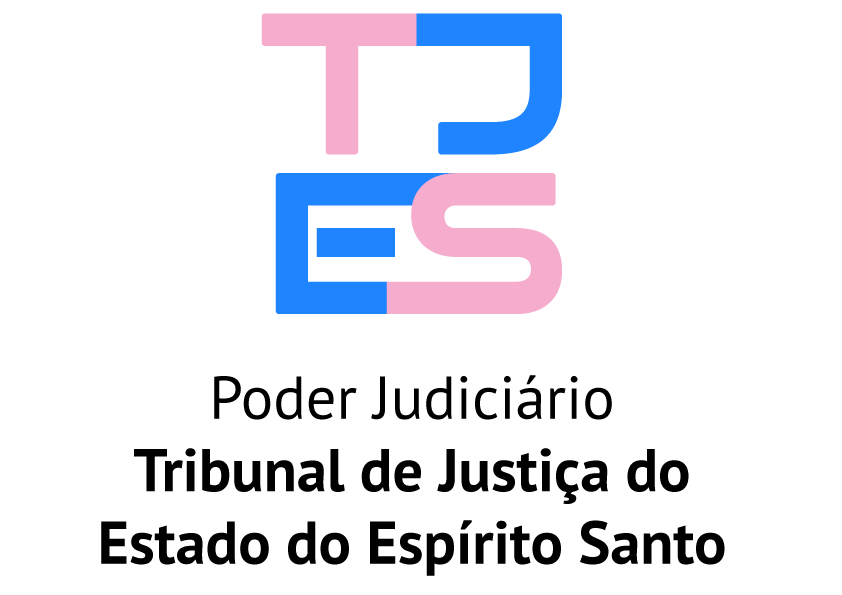The Espírito Santo Court of Justice (TJES) is a crucial institution for the society of Espírito Santo, with the mission of ensuring that all conflicts are resolved appropriately.
However, the court's daily operations were marked by a chronic challenge that affects the entire Brazilian judiciary: a massive volume of lawsuits. Judges and staff spent countless hours on repetitive and bureaucratic tasks, such as transcribing hearing audio and drafting sentences for identical cases.
This resulted in delays, team burnout, and undermined public trust in the efficiency of the justice system.
The pressure for results was constant, intensified by the annual goals of the National Council of Justice (CNJ). TJES knew that to overcome the workload and position itself as a modern judiciary, it needed a paradigm shift. The solution was not to hire more people but to use technology strategically.
The Challenge
The problem of sluggishness was reflected in alarming data. Transcribing a single hearing, for example, could take an entire day of a team member's work, while the average time for a legal case to proceed was five years. This inefficiency generated operational costs, wasted team time, and, more seriously, increased frustration among lawyers and citizens seeking a quick resolution.
The lack of a robust system also made it difficult to standardize decisions and search for precedents, compromising legal security. The institution was caught in a vicious cycle of manual, unproductive work while the demand for justice continued to grow.
Solving this situation became a top priority for TJES.
The Solution
In this scenario, TJES sought a partnership that offered not only technology but also expertise and a deep understanding of the legal context. The choice of Xertica.ai was strategic.
The company develops AI-based solutions on Google Cloud technology and offers a series of microservices (accelerators), which together solve specific pains within the judicial ecosystem.
What most attracted the team was the solution's ability to integrate natively and securely with the court's existing systems, data security, and specialization in legal language.
Xertica's approach went beyond simply selling a tool. Their involvement included comprehensive support, starting with a Minimum Viable Product (MVP) focused on the hearing transcription bottleneck.
The goal was clear: to prove the solution's effectiveness before expanding. The Xertica team, in full alignment with TJES, demonstrated flexibility and collaboration to integrate the solution with the National Council of Justice's platform, creating a module that connected seamlessly with the court's systems.
The Impact
The implementation of AI yielded immediate and surprising results, proving the power of technology when applied strategically.
Transcribing a one-hour hearing, which previously took a full day of work, was now completed in less than 10 minutes.
The time to draft sentences in repetitive cases was reduced by 70%, freeing up judges to focus on more complex analyses.
Beyond the quantitative gains, the Xertica and Google Cloud solution brought invaluable qualitative benefits. The accuracy of legal precedent analysis ensured greater consistency in decisions, strengthening legal security.
The team's feedback was one of relief and enthusiasm. "The automation of repetitive tasks made judges and staff feel more valued, allowing them to focus on the intellectual and strategic work that is the essence of judicial activity," says Judge Samuel Meira Brasil Junior, president of TJES. "Team morale improved, and trust in the institution was renewed."
For TJES, the partnership with Xertica was a turning point. From an overloaded and slow judiciary, the court transformed into a modern, proactive institution closer to the public.
"AI was not a substitute, but a partner that enhanced human work, preparing TJES for future challenges and reaffirming its commitment to a faster and more accessible justice system for all," concludes Meira Júnior.


